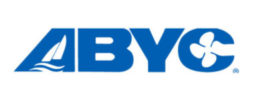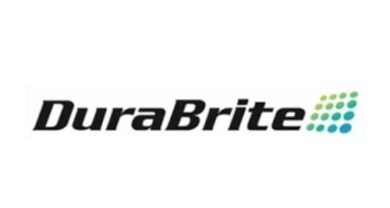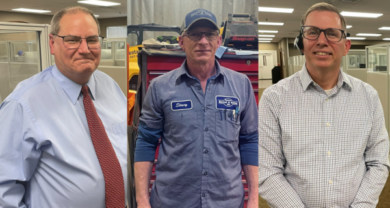A Challenge Worth Taking
Nothing worth doing is easy.
This saying – a favorite of high school gym teachers, motivational speakers and drill sergeants – is now in the running as the boating industry’s new mantra.
Just look at the pre-owned boat market. While it has been identified by the industry as a significant growth opportunity, a newly concluded study suggests it may be harder than expected to motivate consumers selling boats in their driveway to sell them through a dealership instead. Many owners are selling their boats relatively quickly for a decent price and are largely satisfied with the experience – slightly more satisfied, in fact, than consumers who sell their boats through a dealership.
The study, conducted by Left Brain Marketing Inc. on behalf of GE’s Commercial Distribution Finance marine division, also suggests, however, that there is a formula through which dealers can gain a larger percentage of this business.
Phase two of the study, which was completed this summer, was based on 182 completed and returned surveys filled out by people who had sold a boat produced since the 1995 model year. While the second phase largely supported the conclusions of the first (See Capital Solutions, a sidebar within the Lost and Found feature article in Boating Industry’s June 2006 issue, for more information), it went much deeper in identifying solutions for the industry as it seeks to gain a larger share of this market.
Specifically, it asked respondents to rate their interest in a pre-owned boat certification program in an effort to determine whether the added value would drive them to buy a pre-owned boat through a dealership.
Researchers described interest in the overall program as “guarded,” receiving a rating of 2.4 on a four-point scale in which 1 was “not at all appealing” and 4 was “extremely appealing.” But when they broke it down further, researchers uncovered a high amount of interest in many of the components of the program.
Left Brain Marketing accounted for this by suggesting respondents were leery about how much they would pay for a certified boat. Therefore, the researchers drilled further, asking them at what price points they would be willing to participate in such a program – ranging from the same price as a standard pre-owned boat to a 25-percent mark-up.
Of the responses, those respondents who had purchased their most recent boat used were determined to be most reflective of the potential market. These consumers’ interest in the certified program dropped off dramatically beyond a 10-percent mark-up.
Researchers concluded that dealers looking to capture a larger percentage of the pre-owned boat market should consider offering a certified pre-owned program to add value to their products and differentiate them from what’s being offered by consumers selling their boats themselves.
“A strategy I don’t think will work is buying pre-owned boats, marking them up and selling them,” says Jerry Mona, founder of Left Brain Marketing. “You have to add value to distinguish [your products] from the large pool of boats being sold by individuals.”
This certification program should include, at a minimum, a brief warranty, product inspection and a boat history report, and should involve a mark-up of no more than 10 percent above a standard pre-owned boat. Once that’s in place, dealers can build inventory by aggressively encouraging trade-ins among new boat buyers.
Finally, dealers should consider adopting consignment or brokerage services to cater to the large boat market. Owners of larger boats (28 to 35 feet in length) are more likely to sell through a dealer (69 percent) than small boat (20 to 27 feet in length) owners (46 percent), according to the study.
In the case of a consignment boat, a dealer should have a policy through which it conducts any necessary repairs, adding their cost to the price of the boat and charging the boat seller if the boat ultimately is sold outside the dealership, researchers suggested.
Today, many of the most professional dealerships already have their own certification programs in place. As this trend continues to grow, GE is concerned that a glut of different programs may ultimately serve to confuse customers rather than reassure them, as intended. Therefore, the finance company is discussing its survey results with the industry at large in hopes it will develop a standardized nationwide certification program.
Despite the challenge that the pre-owned market represents, GE believes it represents one of the industry’s largest growth opportunities.




